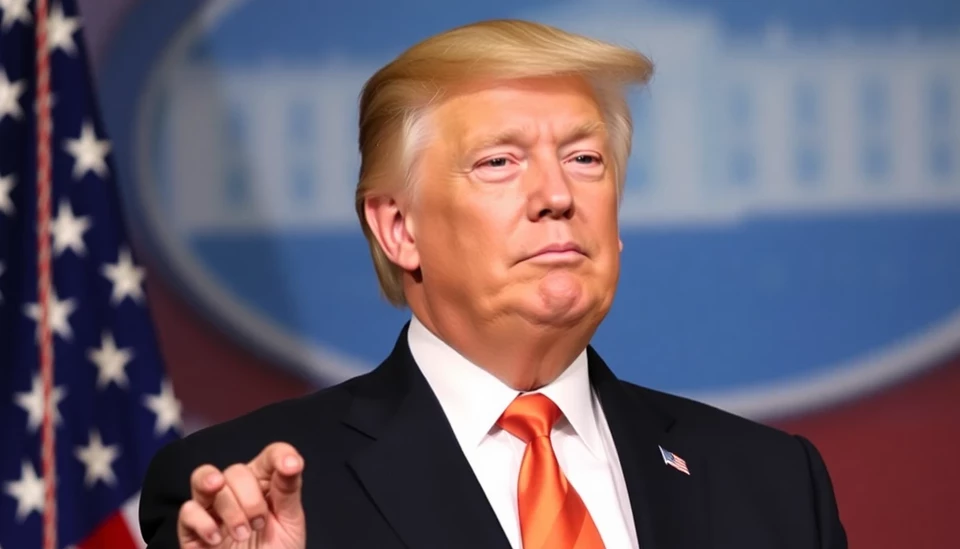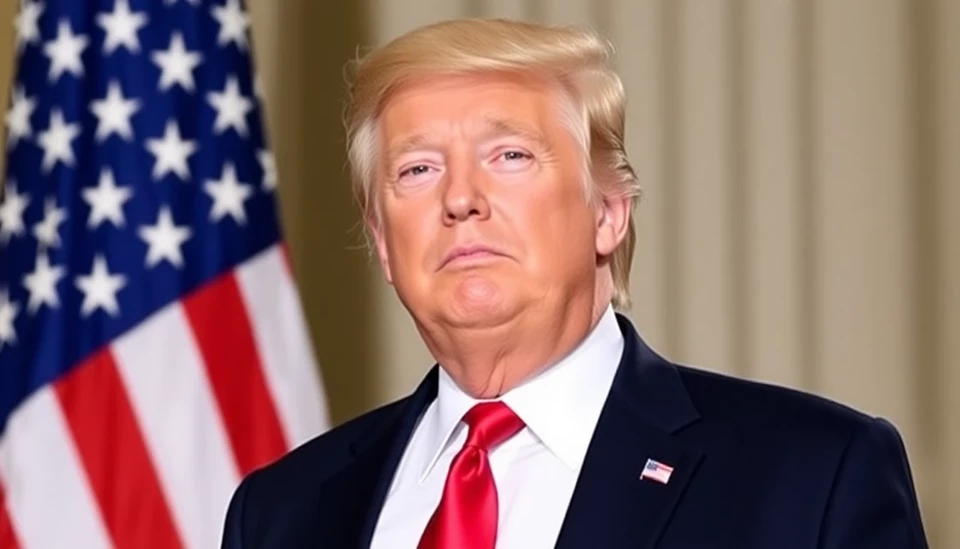
In a bold move that is shaking the foundations of South Korea's corporate landscape, Andrew Kim, a former Goldman Sachs banker turned private equity magnate, is setting his sights on the nation's powerful chaebols — the large family-owned conglomerates that dominate the economy. With ambitions to revolutionize South Korea's business practices, Kim is leveraging his vast resources and expertise to disrupt the status quo that these conglomerates have maintained for decades.
Kim, who has amassed considerable wealth and influence through his private equity firm, has spent years observing the intricacies of the South Korean economy and the significant role chaebols play within it. He believes that these conglomerates, despite their economic contributions, have fettered innovation and hindered fair competition within the market. His strategy revolves around the notion of promoting transparency and meritocracy, values that he perceives as lacking in the operations of traditional chaebols.
Since founding his firm, Kim has made several key investments in companies that directly compete with firms owned by these powerful conglomerates. His approach is not just to compete, but to usher in an era of accountability and best practices in corporate governance. The chaebols, which include industry giants like Samsung, Hyundai, and SK Group, have long been criticized for their opaque systems, nepotism, and a lack of alignment with shareholder interests.
Andrew Kim's entrance into the market is being closely watched as many industry leaders and analysts speculate on how his aggressive tactics and reform-minded approach will influence the chaebols’ operations. With significant capital at his disposal, Kim is poised to make substantial investments into startups and established businesses that have the potential to become formidable competitors to these conglomerates. Experts say that if Kim's efforts bear fruit, it could challenge the entrenched influence of chaebols and lead to significant changes in how business is conducted in South Korea.
Despite the risks associated with taking on such powerful entities, Kim's determination seems unwavering. He has expressed a strong belief in the potential of South Korean innovation and entrepreneurship, stating that with the right support, local businesses could thrive independently of the chaebol structure. His ambition is not merely about breaking down these corporate giants; instead, it’s a vision for a more diverse and resilient economic framework that could lead South Korea into a new era of growth and innovation.
As Kim’s influence continues to grow, it remains to be seen whether his challenge will lead to a transformative impact on South Korea’s corporate environment or if the chaebols will fortify their positions amidst this emerging competition. Observers note that the dynamics surrounding corporate governance and market competition are closely tied to the country's economic prosperity, making Kim’s endeavors not only a corporate battle but a critical aspect of South Korea's economic future.
The unfolding narrative surrounding Kim's ventures offers insights into broader trends in global capitalism, where new players are increasingly emerging to challenge historical norms and practices. For South Korea, a nation known for its unique blend of tradition and technological advancement, the outcome of Kim's battle against the chaebols could define its economic landscape for years to come.
As this story develops, both local and international investors are keeping a watchful eye on Andrew Kim's moves in the market, a signal of potential shifts in the corporate governance model that has long prevailed in South Korea.
#AndrewKim #SouthKorea #ChaebolChallenge #PrivateEquity #CorporateGovernance #Innovation #BusinessStrategy
Author: Rachel Greene




